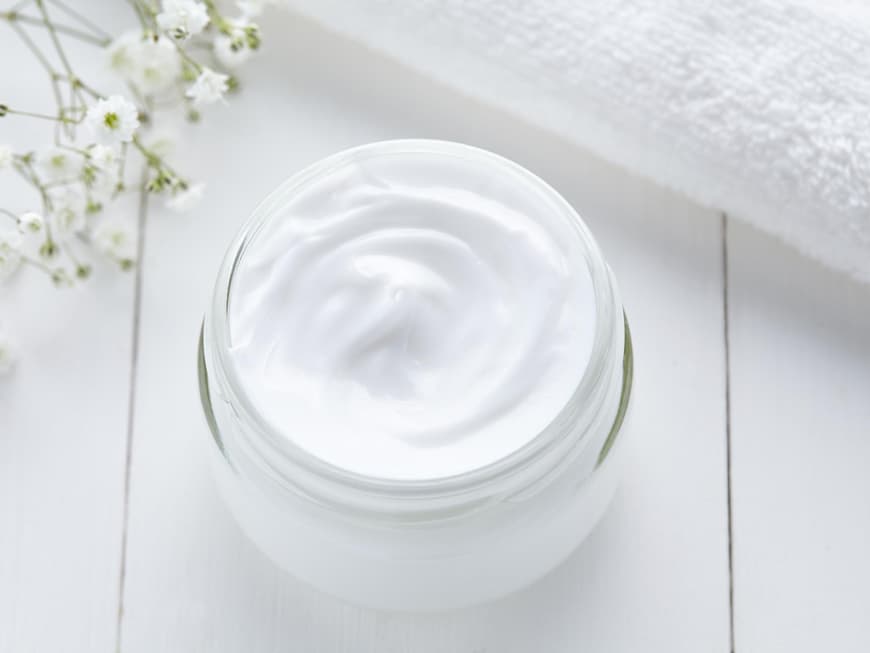
Witch hazel stops bleeding: The bark and leaves of witch hazel contain tannins and essential oils that reduce inflammation and cause the skin to contract. This is why ointments containing witch hazel are well suited for the treatment of hemorrhoids (e.g. Hametum, pharmacy). As a gargle solution, witch hazel helps with inflamed areas in the mouth.
Zinc ointment alleviates the symptoms of injuries: Its zinc oxide has an antiseptic effect and binds water, meaning it has a drying effect. This prevents the edges of the wound from softening and the injury from spreading. Wound healing ointments with zinc are available over the counter in pharmacies. However, zinc ointment should not be applied to large and open wounds, as a moist wound heals better.
Ground ivy works wonders on wounds: Ground ivy has been used as a medicinal plant since the 12th century. Its essential oil has an anti-inflammatory effect and promotes the healing of even purulent areas. This is why ground ivy is also ideal as a wound healing ointment. The smell is minty and the leaves taste of licorice.
Comfrey soothes pain: This plant has been used since ancient times to treat bruises, sprains and broken bones. Its active ingredients promote wound healing and have a decongestant and pain-relieving effect. Comfrey should only be used externally as a wound healing ointment.
Calendula for skin problems: Calendula contains ingredients that inhibit inflammation and are recommended for the treatment of dry, cracked skin and minor wounds.






